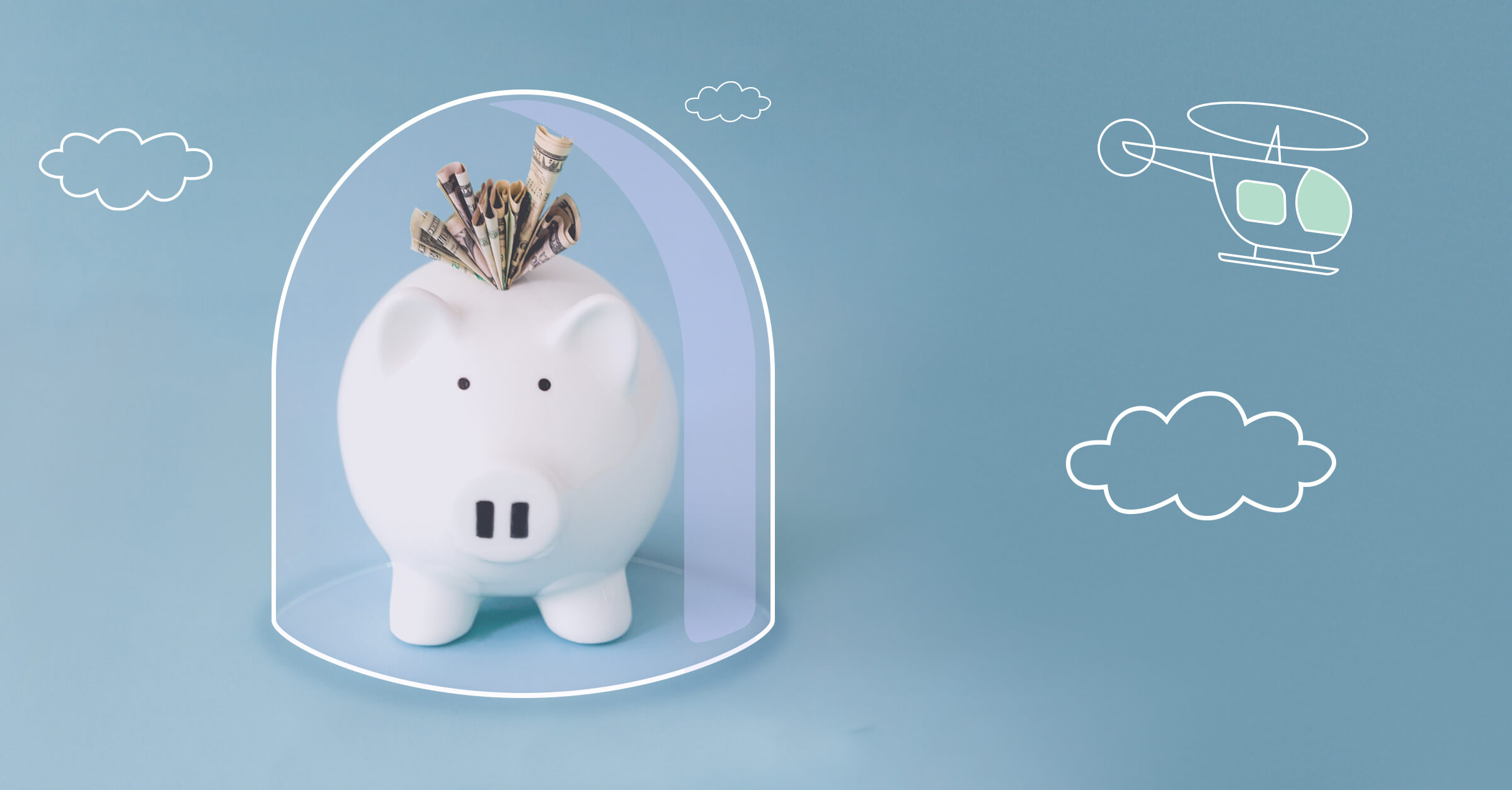As the year comes to a close, many of us are looking ahead to the new year. Regardless of whether you kept the resolutions you made last January, you’ll soon have a clean slate. This is the perfect time to reevaluate your budget and consider making some changes. But that doesn’t mean you have to cut out your morning latte.
Taking a closer look at some of your fixed expenses could potentially save you a lot of money. Check out seven costs you should review in the new year.
1. Housing costs
If you’re willing to live on less in the name of bigger savings, estimate how much you would spend on housing if you downsized. Rent and mortgage payments are likely your biggest monthly expense. By opting for a smaller space or a different neighborhood, you could lower your housing costs next year and save more for the future.
If you live in a one-bedroom apartment, consider looking at a studio. If you’re a homeowner, think about other neighborhoods or smaller homes that could meet your family’s needs. Not ready to move but need to cut costs? Refinancing your mortgage could save you money. Locking in a lower rate may increase your monthly cash flow and reduce the amount of interest you pay over the life of your loan.
2. Debt payments
No, you can’t make debt disappear. You can, however, change the amount of interest you’re paying. Start targeting high interest debt first. Or consider moving your debt onto a balance transfer credit card. Many card issuers offer a 0% introductory rate for as many as 21 months. This strategy can help you pay down debt without spending a huge chunk of money on interest. Just be sure to factor in balance transfer fees to decide whether the card you want is worth having.
You could also find a third-party debt consolidation company or take out a home equity line of credit. If your account is in good standing and you’ve kept up with your monthly payments, you could also try negotiating with your lender to lower your interest rate.
3. Insurance costs
Whether it’s life, health or homeowners insurance, you want to make sure the insurance rate you’re paying is fair. Shop around and compare your current premiums with other options. There are several new providers, like Hippo, that save policyholders money by turning the traditional insurance model on its head and eliminating commissioned agents and typical insurance fees.
Get quotes from a few insurance companies to see which policy will save you the most. If you’re happy with your provider, you can save money by raising your deductibles. As long as you aren’t filing claims regularly, this could reduce your premiums and ease the strain of insurance on your budget. With the new year approaching, you also have the opportunity to let insurers know about any recent life changes that could affect the amount of coverage you need.
4. Utility bills
Cable and cell phone bills may seem set in stone. But you can call your service providers and find out whether you qualify for a lower rate or any sort of discount in the new year. If a provider isn’t willing to lower the fees they’re charging, it may be a good time to look at other options and secure a cheaper contract.
Now is also a good time to consider what services you really need. The average monthly cable bills rose past the $100 mark last year thanks to incremental increases across all providers. If that seems expensive, you may decide to downgrade or switch to a streaming service with a cheaper rate like Hulu Plus or Netflix. Find out how much you’re spending on internet, gas and electricity, too and if possible, search for a better deal.
5. Bank fees
Even no-fee bank accounts can come with charges for overdrafts and wire transfers. Since banks should help you save money, make sure yours isn’t leading you to spend instead. Be sure you’re only taking money from your own bank’s ATM, unless you’re in an emergency. Also, make a habit of checking your bank account balance before writing a check or making an online payment.
6. Credit cards
In addition to bank fees, you could also end up spending too much money on credit card charges. If you’re using your card irresponsibly, find out if you’re eligible for a card with a lower interest rate.
You should also consider rewards programs. By earning cash back, points or travel miles, you could end up saving a significant amount of money. Just make sure the promise of getting something in return doesn’t change your habits or cause you to overspend.
Bonus category: Groceries
So food isn’t really a fixed expense. But there are easy ways to trim your grocery bill. Little things like buying in bulk and opting for generic brands can add up to big savings.
If you’re prone to spending a lot of money at once, consider changing your habits. Eating out, for example, may be worth cutting back on. Dining in can be just as special and may improve your cooking skills.
Don’t wait until next December to evaluate your financial habits again. If you can, start reviewing your budget on a monthly basis (or once every quarter) and make adjustments as needed.CLICK TO TWEET
Track your success
Don’t wait until next December to evaluate your financial habits again. If you can, start reviewing your budget on a monthly basis (or once every quarter) and make adjustments as needed.
Always try to keep track of your spending and make sure you put the money you’re saving to good use. Stash it in a retirement account or use it to build your emergency fund.




